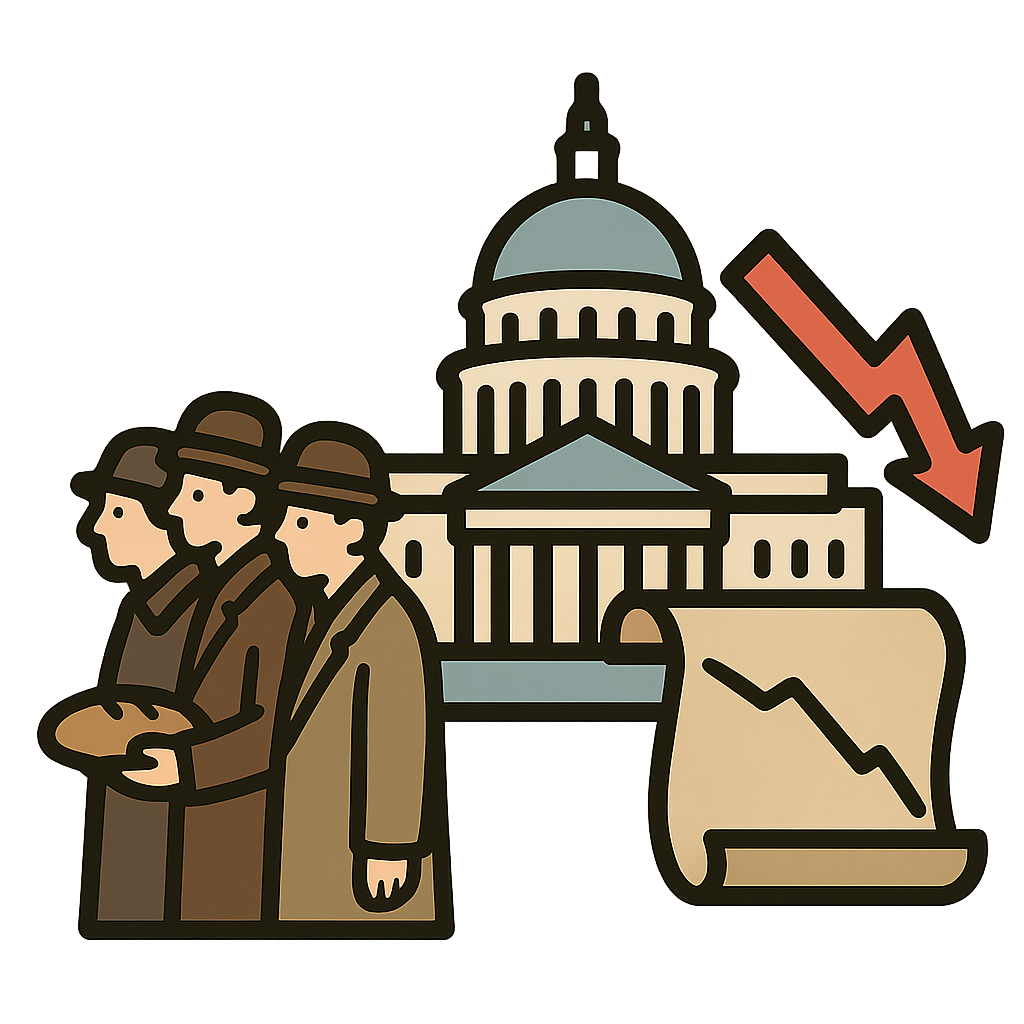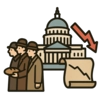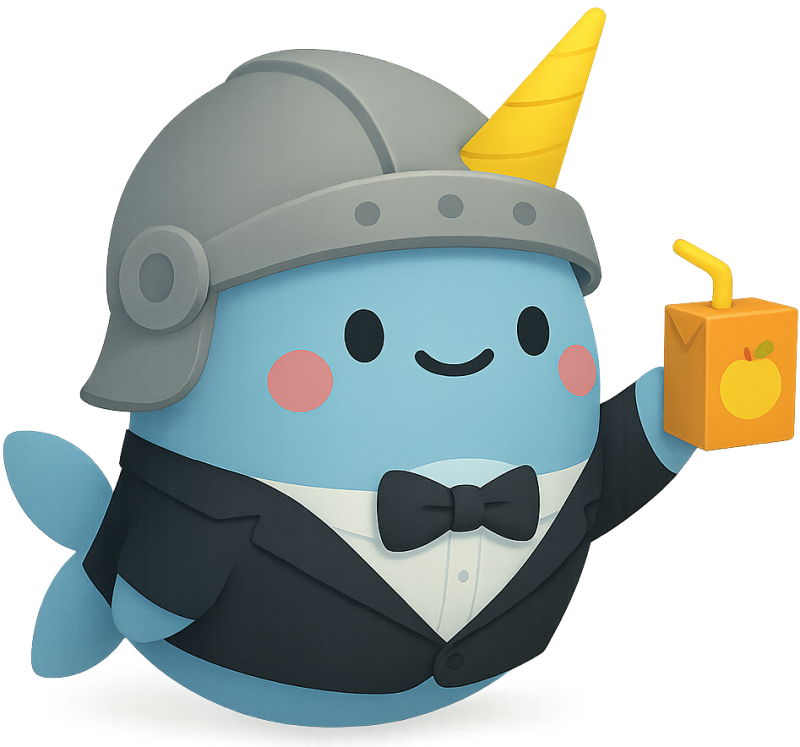A New Deal for America
My name is Franklin Delano Roosevelt, and I remember a time, just before I became president, that we called the 'Roaring Twenties.' It felt like the whole country was at a grand party. Businesses were booming, new inventions like the automobile were changing how we lived, and many people felt a sense of endless possibility. It was a time of great confidence. But on October 29, 1929, that party came to a sudden, jarring halt. Imagine you're playing a game of musical chairs where everyone believes they have a seat. The music is lively, everyone is dancing, and then, without warning, the music stops, and nearly all the chairs are pulled away. That’s what the Stock Market Crash felt like. It wasn’t just a number on a piece of paper; it was a shockwave that traveled from the banks of Wall Street into every town and home in America. The effect was devastating and swift. Factories that once hummed with activity fell silent, their gates locked. Men and women who had worked proudly for years suddenly found themselves without a job. Families watched in horror as the savings they had carefully built over a lifetime vanished overnight. A quiet fear began to creep across the nation, a heavy blanket of uncertainty that smothered the optimism of the years before. As the governor of New York at the time, I saw the pain firsthand. I witnessed long lines of people waiting for a simple bowl of soup or a loaf of bread. I saw the worry etched on the faces of parents who didn't know how they would feed their children. It was a time of deep trouble, and I felt a profound sense of responsibility to find a way to help my fellow Americans. The country was hurting, and it needed a leader who wasn't afraid to act.
When I was elected president in 1932, the weight of the nation’s hopes rested on my shoulders. The country was at its lowest point, and people were desperate for a change, for any sign that things could get better. On the day I took the oath of office, March 4, 1933, I knew I had to speak directly to the heart of the problem, which wasn't just about money, but about spirit. I stood before the nation and said, 'the only thing we have to fear is fear itself.' What I meant was that our paralysis, our collective terror of what might happen next, was our greatest enemy. If we could conquer that fear, we could start to rebuild. I promised the American people a 'New Deal.' It wasn't a single, perfect plan, but a commitment to take bold, persistent action. I told them we would try something, and if it failed, we would admit it and try something else. The most important thing was to do something. To connect with people directly, I began a series of radio broadcasts that became known as 'fireside chats.' I wanted to speak to families as if I were a guest in their living rooms, explaining our plans in simple, clear language. I wanted them to feel that their government was listening and that we were all in this together. The New Deal was a collection of programs designed to tackle the crisis from every angle. We called them the 'Alphabet Agencies' because of their acronyms. One of the first was the Civilian Conservation Corps, or CCC. We sent hundreds of thousands of unemployed young men out into the countryside to live in camps, where they planted over three billion trees, fought forest fires, and created beautiful national parks that people still enjoy today. It gave them food, shelter, and a paycheck to send home, but more than that, it gave them purpose. Then there was the Works Progress Administration, the WPA. This was a massive effort to put people back to work on projects that would benefit their own communities. WPA workers built thousands of miles of roads, hundreds of bridges, schools, and hospitals. But it wasn't just about construction. The WPA also hired artists to paint murals in public buildings, writers to record our nation's history, and musicians to give free concerts. We believed that feeding the soul was just as important as feeding the body. These programs were founded on the idea that an honest day's work was better than a handout, because it rebuilt not only our country's infrastructure but also its confidence.
The road to recovery was not short or easy. The Great Depression was a deep wound, and it took years to heal. The New Deal didn't magically solve every problem overnight, but it did something crucial: it restored hope. Slowly, but surely, we began to see signs of progress. People were working again, families felt a little more secure, and the paralyzing fear that had gripped the nation began to loosen its hold. My wife, Eleanor, was my eyes and ears across the country. She traveled to farms, coal mines, and city slums, talking to people from all walks of life. She would come back to the White House and tell me their stories—stories of hardship, yes, but also of incredible courage, resilience, and determination. Her reports helped me understand what was working and where we still needed to do more. She reminded me that our policies were not just about economics; they were about people. The legacy of that difficult era is still with us today. We learned that in a crisis, we are stronger when we work together and look out for one another. We established the idea that the government has a responsibility to help protect its citizens from economic disaster. This led to one of our most enduring creations: Social Security, a promise that the elderly, the unemployed, and the disabled would have a safety net to rely on. The Great Depression taught us a hard but valuable lesson about the strength of the human spirit. It showed us that even in the darkest of times, when all seems lost, we can find our way forward through courage, innovation, and a shared commitment to the common good.
Reading Comprehension Questions
Click to see answer



